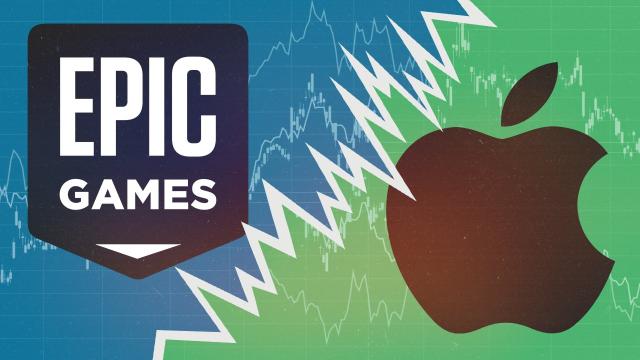The ongoing legal battle between Epic Games and Apple has taken a definitive turn as the U.S. Supreme Court has declined to hear appeals from both companies. This decision essentially ends Epic's effort to open iOS to competing app stores and payment systems in the United States. The dispute began when Epic Games introduced a direct payment option in Fortnite, leading to its removal from the App Store for breaching Apple's policies. Despite some rulings recognizing Apple's anti-competitive behaviors, Apple is not legally considered a monopoly. However, under the impending EU Digital Markets Act, Apple may be forced to permit alternative app markets on iPhones starting March 7.
What does the Supreme Court's decision mean for the future of app stores on iOS devices?nThe Supreme Court's refusal to hear the appeals cements Apple's victory and maintains the status quo, where Apple's App Store is the sole gateway for iOS app distribution. Alternative app stores and payment methods will not be allowed on iOS in the United States, although upcoming EU regulations may change this in Europe.
Fortnite, developed by Epic Games, is a cultural phenomenon that has been at the center of this legal tug-of-war between Epic and Apple. Since its release in 2017, Fortnite has garnered a massive player base with its free-to-play Battle Royale mode. The game is hailed for its cross-platform playability, allowing gamers to compete regardless of devices, which includes PlayStation, Xbox, Nintendo Switch, and mobile platforms. However, its mobile version is notably absent from the App Store due to the ongoing feud with Apple, preventing iPhone and iPad users from easily accessing the game.








Comments
No comments yet. Be the first to comment!